Migration
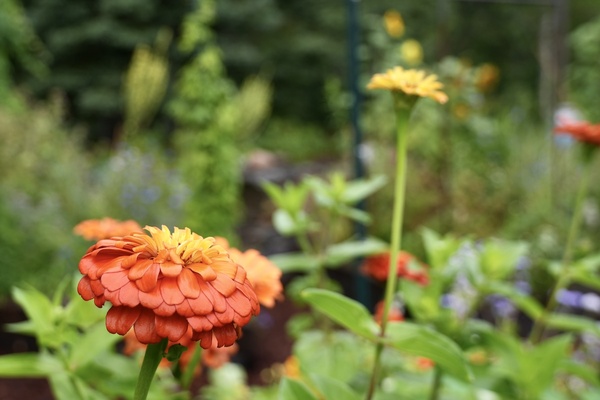
Thoughts on social capital and location independence in a time of climate change (and other crises), in the context of an intergenerational familial “homestead”
August 26, 2024
Our social networks matter. And passing along social networks to our children is a way that parent’s help their children establish themselves in life.
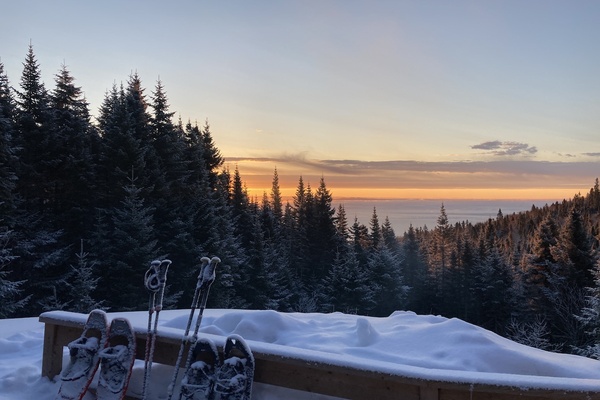
My own migration story
April 18, 2023
Living in Montreal with no family, no mountains and no purchase of a property to anchor us, the question of “where is home” became insistent, especially after I lost the religious beliefs of my childhood.
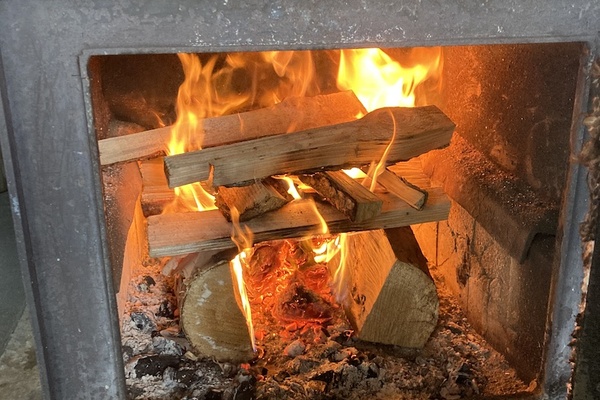
Is localism the answer?
March 27, 2023
The answer to the interpersonal and intrapersonal tensions and problems of migrations are more nuanced and bigger than a simple "stay local" edict.
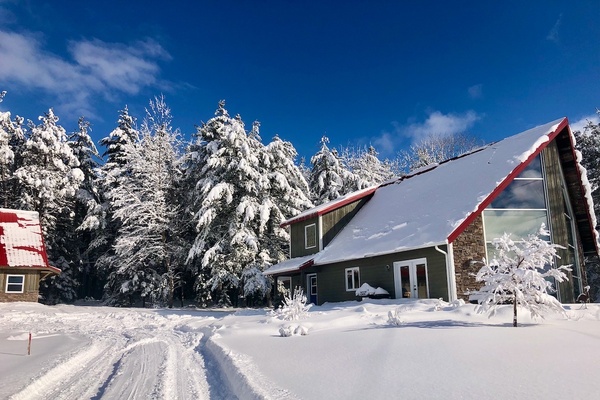
It all started with a move
March 21, 2023
Analyzing my own migrations, to interrogate the source of the “where is home?” question I have been asking myself for nearly 25 years.
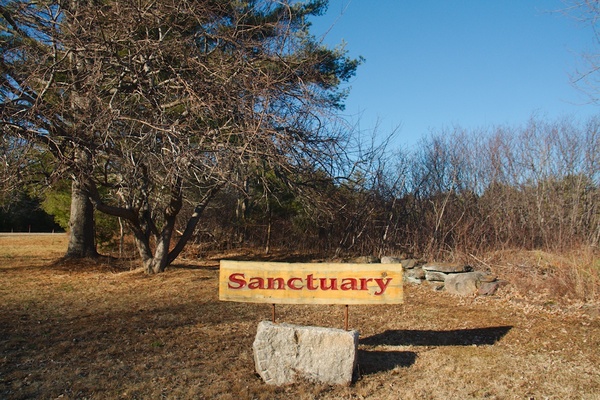
In response to the times
April 7, 2022
It’s time to talk about the conclusions I’ve been drawing from my life experience and “the state of the world”, as filtered through the lens of this advice: "Prepare for what you’ve already been through, plus a bit more."
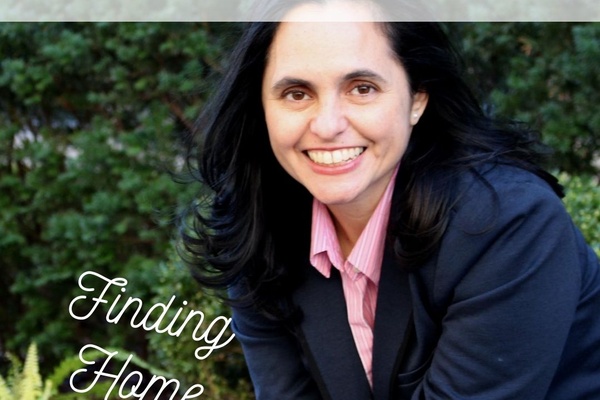
*Finding home as a third culture kid
August 28, 2020
As with everyone, Paola's ideas of home - what feels like home and what defines home - is heavily influenced by her growing years. Which for her happened in three languages and three cultures.
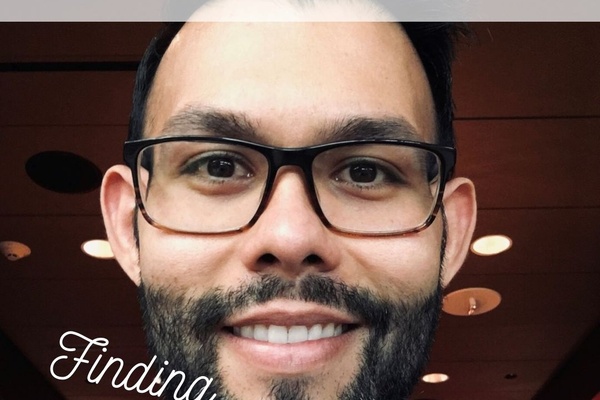
*Urban, multi-generational, and multi-national experiences of home
June 8, 2020
Daniel's interview reminds us that home is not just a sense of family and community, the structure you live in, or the locale where you live. Home is a feeling of safety in our body. And that our goal as humans is to create the conditions where this can be true for everyone.





